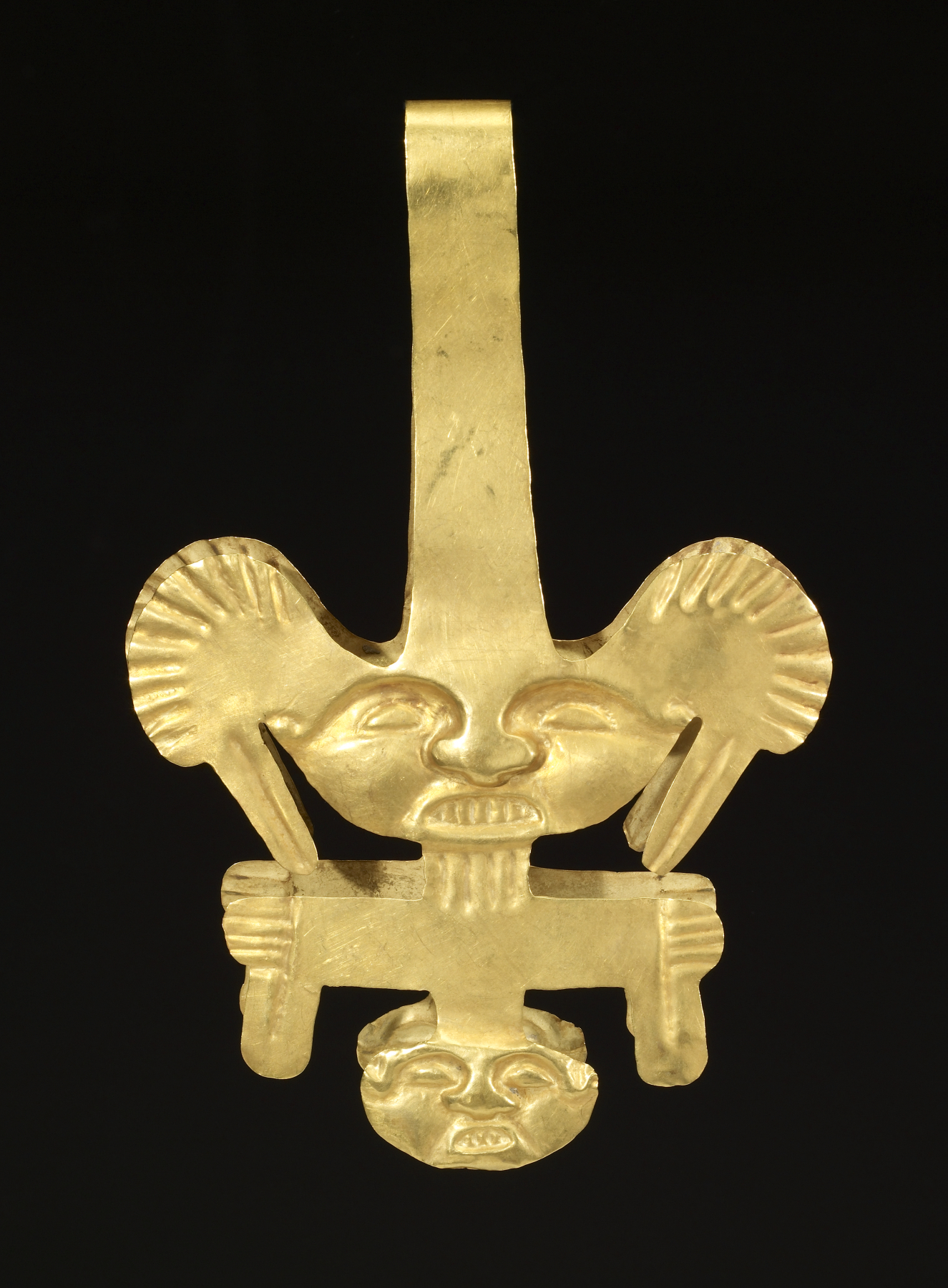|
Alba Lucía Potes Cortés
Alba Lucía Potes Cortés (born 1954) is a composer of contemporary classical music, and teacher at the Mannes School of Music, College Preparatory Division, in New York. Life Born in Cali, Colombia, she studied at the Antonio M. Valencia conservatory, and the University of Valle in Cali Colombia, where she studied with Leon J. Simar. In 1983, she moved to the United States. She graduated from Temple University degree in music theory, ''cum laude'', and with a master's and doctorate in composition. She studied with Matthew Greenbaum, Ursula Mamlok and Maurice Wright. She lives in New York City. Career Alba Potes' compositions have been performed by the Montreal Chamber Orchestra, National Symphony of Colombia, National Philharmonic Orchestra of Venezuela, Darmstadt 2000 Internationale Ferienkurse für Neue Musik, the Symphony Orchestra of Cali, Festival Internacional Cervantino, International Alliance for Women in Music, the ISCM in New York, Parnassus, the Composer's Confer ... [...More Info...] [...Related Items...] OR: [Wikipedia] [Google] [Baidu] |
Cali
Santiago de Cali (), or Cali, is the capital of the Valle del Cauca department, and the most populous city in southwest Colombia, with 2,280,522 residents estimate by National Administrative Department of Statistics, DANE in 2023. The city spans with of urban area, making Cali the second-largest city in the country by area and the List of cities and towns in Colombia, third most populous. As the only major Colombian city with access to the Pacific Coast, Cali is the main urban and economic center in the south of the country, and has one of Colombia's fastest-growing economies. The city was founded on 25 July 1536 by the Spanish explorer Sebastián de Belalcázar. As a sporting center for Colombia, it was the host city for the 1971 Pan American Games. Cali also hosted the 1992 World Wrestling Championships, the World Games 2013, 2013 edition of the World Games, the UCI Track Cycling World Championships in 2014, the IAAF World Youth Championships in Athletics, World Youth Champi ... [...More Info...] [...Related Items...] OR: [Wikipedia] [Google] [Baidu] |
Freiburg, Germany
Freiburg im Breisgau or simply Freiburg is the List of cities in Baden-Württemberg by population, fourth-largest city of the German state of Baden-Württemberg after Stuttgart, Mannheim and Karlsruhe. Its built-up area has a population of about 355,000 (2021), while the greater Freiburg metropolitan area ("Einzugsgebiet") has about 660,000 (2018). Freiburg is located at the southwestern foothills of the Black Forest, on the Dreisam River, a tributary of the Elz (Rhine), Elz. It is Germany's southwestern- and southernmost city with a population exceeding 100,000. It lies in the Breisgau, one of Germany's warmest regions, in the south of the Upper Rhine Plain. Its city limits reach from the Schauinsland summit () in the Black Forest to east of the French border, while Switzerland is to the south. The city is situated in the major Baden (wine region), wine-growing region of Baden and, together with Offenburg, serves as a tourist entry-point to the scenic Black Forest. According ... [...More Info...] [...Related Items...] OR: [Wikipedia] [Google] [Baidu] |
Women Classical Composers
A woman is an adult female human. Before adulthood, a female child or adolescent is referred to as a girl. Typically, women are of the female sex and inherit a pair of X chromosomes, one from each parent, and women with functional uteruses are capable of pregnancy and giving birth from puberty until menopause. More generally, sex differentiation of the female fetus is governed by the lack of a present, or functioning, ''SRY'' gene on either one of the respective sex chromosomes. Female anatomy is distinguished from male anatomy by the female reproductive system, which includes the ovaries, fallopian tubes, uterus, vagina, and vulva. An adult woman generally has a wider pelvis, broader hips, and larger breasts than an adult man. These characteristics facilitate childbirth and breastfeeding. Women typically have less facial and other body hair, have a higher body fat composition, and are on average shorter and less muscular than men. Throughout human history, traditional ge ... [...More Info...] [...Related Items...] OR: [Wikipedia] [Google] [Baidu] |
Colombian Women Composers
Colombian may refer to: * Something of, from, or related to the country of Colombia * Colombians, persons from Colombia, or of Colombian descent **For more information about the Colombian people, see: *** Demographics of Colombia *** Indigenous peoples in Colombia, Native Colombians *** Colombian American ** For specific persons, see List of Colombians * Colombian Spanish, one of the languages spoken in Colombia ** See also languages of Colombia * Colombian culture * Colombian sheep, a sheep breed * Colombian necktie * Columbians Drum and Bugle Corps, based in Pasco, Washington * Colombians, a 2017 instrumental Gorillaz track, released in the Super Deluxe boxset of "Humanz." See also * * * Christopher Columbus (1451–1506), Italian explorer after which Colombia was named * Coffee production in Colombia * Colombia (other) * Colombiana (other) * Colombina (other) * Colombino (other) * Colombine (other) * Columbia (disambiguati ... [...More Info...] [...Related Items...] OR: [Wikipedia] [Google] [Baidu] |
University Of Valle People
A university () is an institution of tertiary education and research which awards academic degrees in several academic disciplines. ''University'' is derived from the Latin phrase , which roughly means "community of teachers and scholars". Universities typically offer both undergraduate and postgraduate programs. The first universities in Europe were established by Catholic monks. The University of Bologna (), Italy, which was founded in 1088, is the first university in the sense of: *being a high degree-awarding institute. *using the word (which was coined at its foundation). *having independence from the ecclesiastic schools and issuing secular as well as non-secular degrees (with teaching conducted by both clergy and non-clergy): grammar, rhetoric, logic, theology, canon law and notarial law.Hunt Janin: "The university in medieval life, 1179–1499", McFarland, 2008, , p. 55f.de Ridder-Symoens, Hilde''A History of the University in Europe: Volume 1, Universities in the Middl ... [...More Info...] [...Related Items...] OR: [Wikipedia] [Google] [Baidu] |



